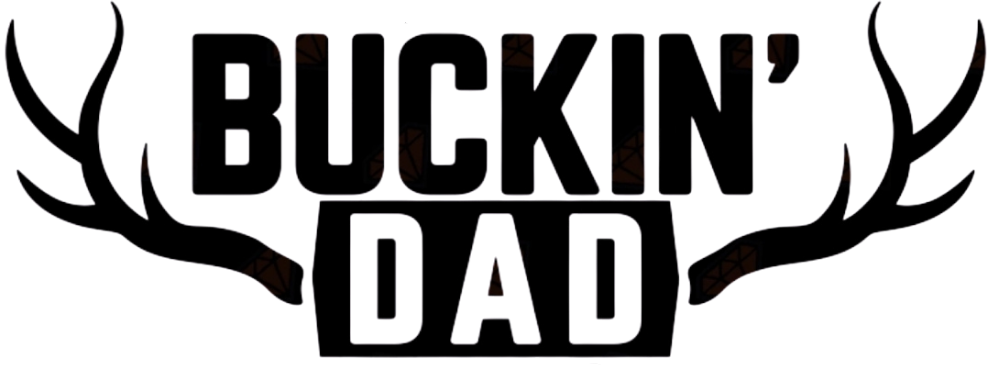Hunting is about much more than just taking down game. It’s a responsible and ethical pursuit that requires respect for wildlife, the environment, and other hunters. As hunters, we are custodians of nature, and how we behave in the wild reflects on our sport. In this post, we’ll discuss the principles of hunting ethics and how to ensure that your hunting practices are both respectful and responsible.
🦌 1. Only Shoot What You Need
The Mistake: Some hunters might shoot out of excitement or boredom, even if they don’t need the meat or aren’t targeting that specific animal.
The Fix:
-
Always ask yourself, “Do I really need to take this shot?”
-
Don’t hunt for trophies alone—focus on ethical hunting practices and the need for sustenance.
-
If the animal is not suitable for harvest (too young, too old, or not part of your target species), don’t take the shot.
Pro Tip: Make sure you understand local game management rules and the bag limits to prevent overhunting.
🐾 2. Respect Wildlife Habitat
The Mistake: Some hunters disturb the natural habitat of animals, causing unnecessary disruption.
The Fix:
-
Stay on designated paths to avoid damaging sensitive areas like nesting grounds or feeding zones.
-
Don’t litter: Pack out everything you bring with you, including trash, spent shells, and food wrappers. Leave the land cleaner than you found it.
-
Respect plants and other wildlife—be mindful of the overall ecosystem, not just the animals you’re hunting.

🐻 3. Avoid Hunting in Protected Areas
The Mistake: Hunting in restricted or protected areas is not only illegal, but it can also be harmful to wildlife conservation efforts.
The Fix:
-
Always check the hunting regulations for the area you plan to hunt.
-
Respect protected zones where wildlife conservation efforts are ongoing, such as national parks or wildlife refuges.
📌 Tip: Failing to respect boundaries can damage habitats and endanger species. Always get the right permissions and stick to legal hunting areas.
💯 4. Practice Shot Placement and Clean Kills
The Mistake: Some hunters rush their shots, leading to wounded animals that can suffer unnecessarily.
The Fix:
-
Always ensure you have a clear shot at the animal’s vital areas (heart and lungs).
-
Practice shooting at the range to ensure you can make an ethical and quick kill in the field.
-
If an animal is not positioned for a clean shot, wait until it’s in a better position or don’t shoot.
🧑🤝🧑 5. Share Knowledge and Support Responsible Hunting
The Mistake: Some hunters may not share the values of responsible hunting with newcomers or younger hunters.
The Fix:
-
If you’re an experienced hunter, mentor newcomers in ethical hunting practices, safety, and respect for wildlife.
-
Support organizations and initiatives that promote sustainable hunting practices and wildlife conservation.
📌 Pro Tip: Become a voice for ethical hunting—whether through advocacy, volunteering, or supporting wildlife protection groups.
🌲 6. Respect Other Hunters
The Mistake: Overcrowding hunting areas or disturbing other hunters’ spaces can lead to conflicts in the field.
The Fix:
-
Always respect others' space—avoid crowding areas where others are hunting.
-
If you see another hunter on your trail, greet them politely and give them enough space to hunt.
-
Follow proper hunting etiquette in terms of timing, positioning, and behavior to maintain a harmonious environment.
🦅 7. Follow the “Fair Chase” Principle
The Mistake: Hunting using unfair methods like baiting, traps, or hunting in enclosed areas is unethical.
The Fix:
-
Always adhere to the fair chase principle: this means that the animal must have a reasonable chance to escape, and hunters must not have a technological or physical advantage.
-
Do not use bait (unless legal in certain areas) or hunting enclosures that prevent animals from escaping.
![]()
⚖️ 8. Respect the Animal
The Mistake: Treating the animal only as a trophy, and not respecting its life, is an unethical approach to hunting.
The Fix:
-
Treat every hunt with respect for the animal, from the moment you take the shot to when you process the meat.
-
If you hunt for meat, ensure the entire animal is used—minimize waste and respect the animal's contribution to your table.
-
Honor the animal by using what you harvest, whether it's the meat, hide, or antlers.
🦌 Final Thoughts
Hunting is a privilege, and with that privilege comes great responsibility. By following ethical practices, you help protect wildlife and ensure the continuation of this important tradition. As hunters, we are stewards of the land, and our actions today shape the future of hunting for generations to come.






